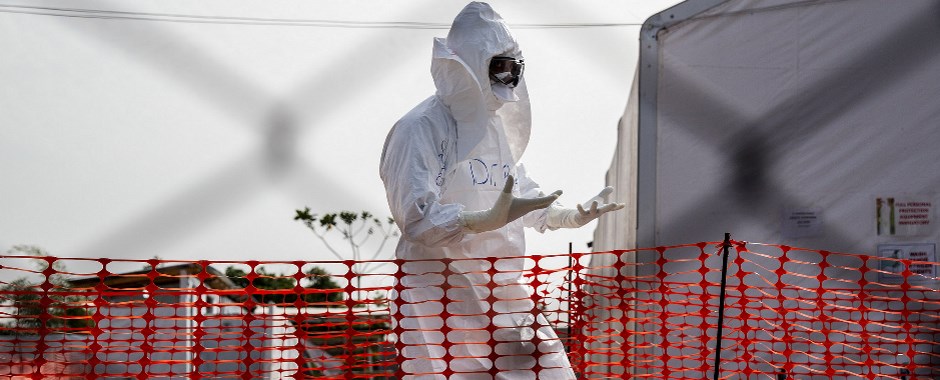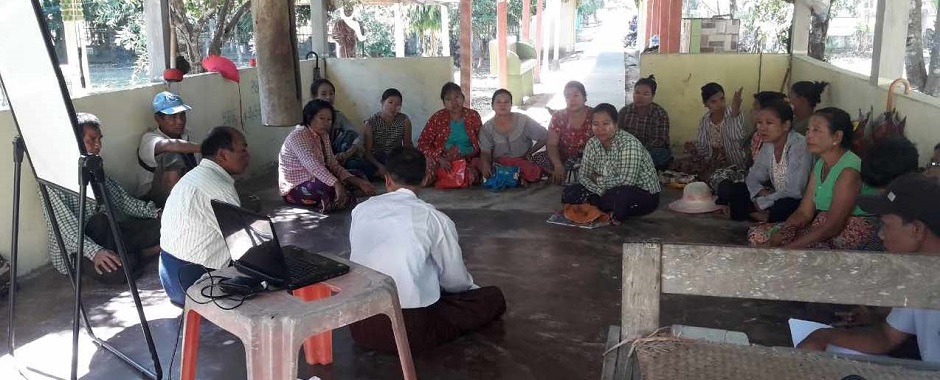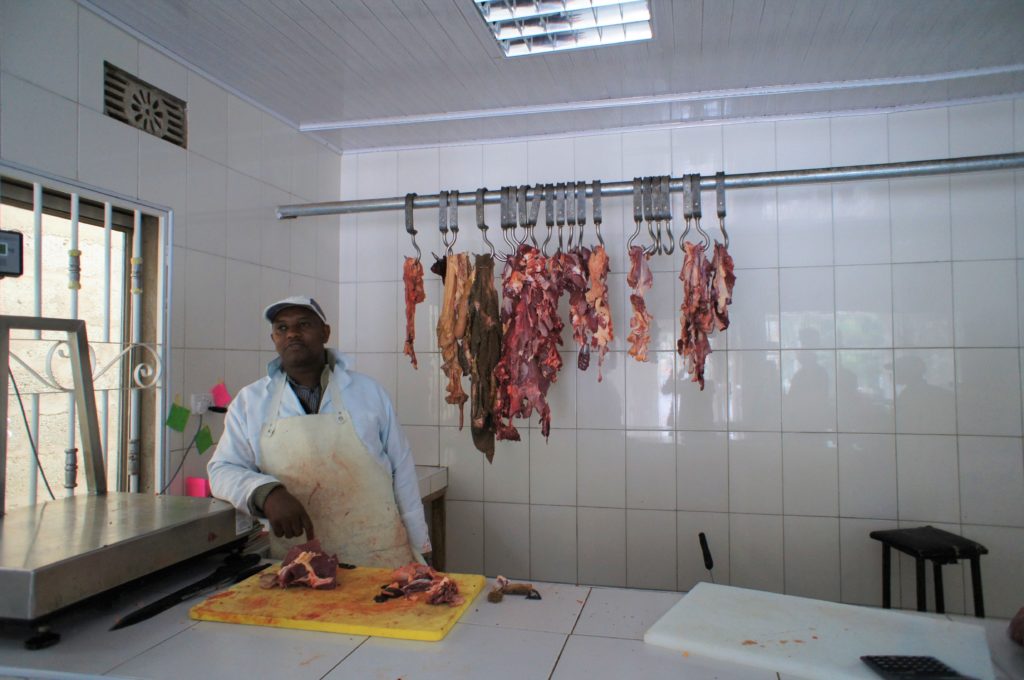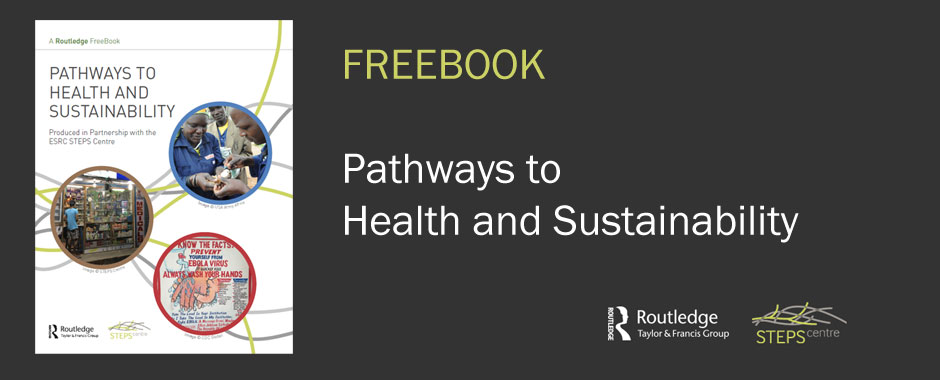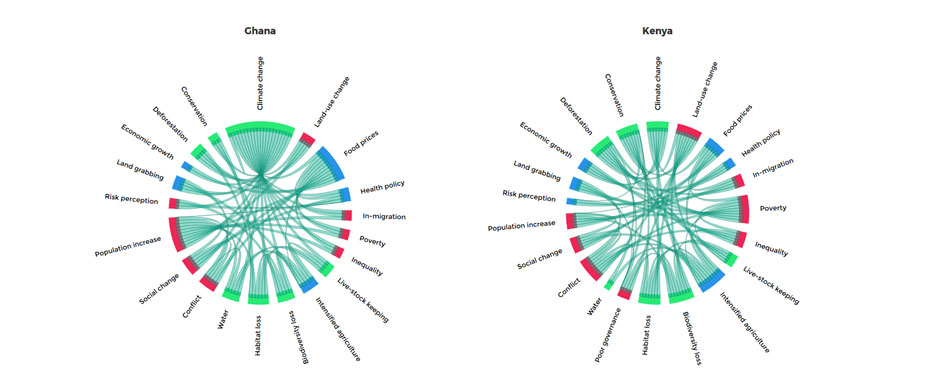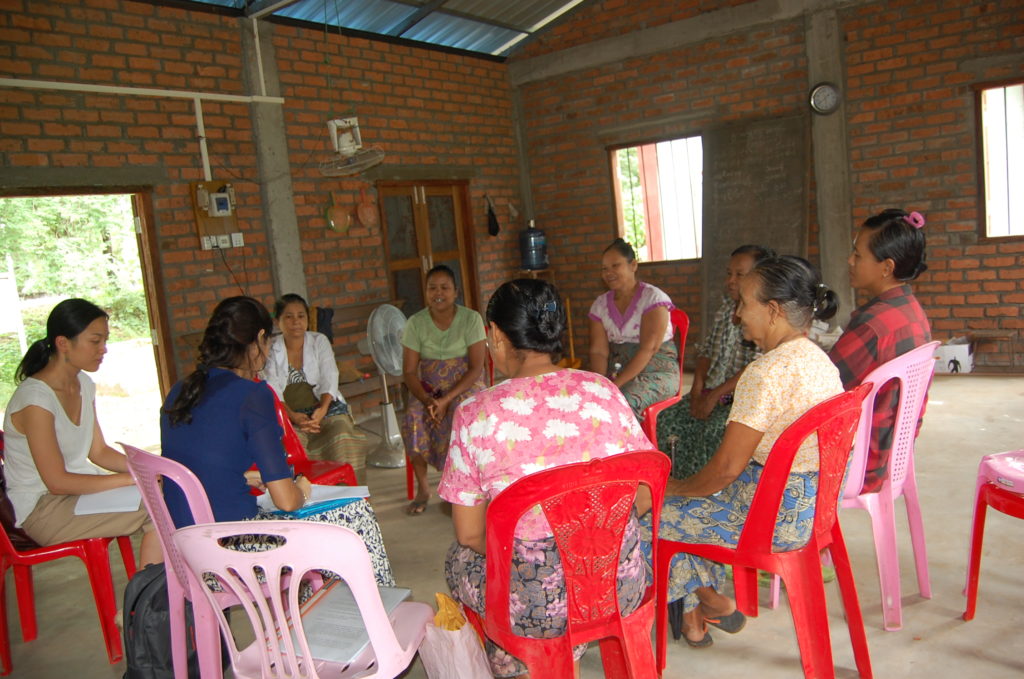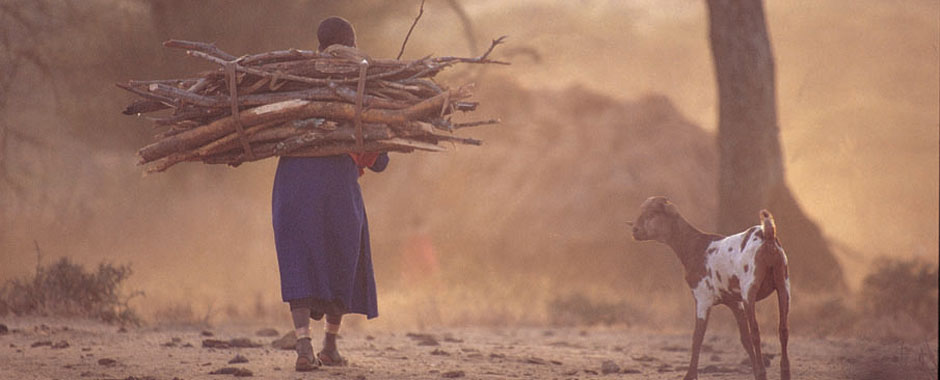What do bubonic plague, Lyme disease, Ebola, Marburg disease, Nipah, sleeping sickness, Lassa fever, avian influenza, Western equine encephalitis, SARS and COVID-19 have in common? All are zoonotic diseases, ones…
Pandemics: why a new science is needed
Project pioneers innovative workshops with Myanmar pig farmers
In advance of World Zoonoses Day 2020, this year on Monday, 6 July, we are sharing a story from the Myanmar Pig Partnership project which has been taking a One…
Enhancing red meat safety through ‘street-level diplomacy’ in Tanzania
Rising meat consumption in Tanzania – and indeed across low- and middle-income countries – presents new challenges and opportunities for health and development and we have been considering these as…
Disciplinary identities and other barriers to advancing interdisciplinary working
By Professor Linda Waldman, Institute of Development Studies, Professor Joanne Sharp, University of Glasgow, and Professor James Wood, University of Cambridge. The following blog was first published on the PLoS…
Antimicrobial resistance and behaviour: an interview with Ayako Ebata
Agricultural economist Dr Ayako Ebata was interviewed in The AMR Studio, a podcast dedicated to interdisciplinary research into antimicrobial resistance (AMR) produced by Uppsala University. Dr Ebata specialises in value…
Freebook: Pathways to Health and Sustainability
The second in a series of FreeBooks from Routledge, Pathways to Health and Sustainability, is available to download free of charge. Download the book The FreeBooks allow open access, for…
One Health Day: why tackling human health isn’t enough
One Health Day, on Friday 3 November 2017, draws attention to the interconnectedness of human, animal and environmental health. More than 60 per cent of emerging infectious diseases affecting people…
Why will no one listen to the pig farmers of Yangon?
Sitting in a pig farmer’s house in the Yangon region of Myanmar, I heard a question I’d heard many times before from backyard farmers: “What will your project provide us…
Results of four-year zoonoses research showcased in One Health ‘Special Issue’
Infectious diseases traceable to animals are driven by climate change, land-use change and the massive expansion of towns and cities, according to contributors to a paper in a major new…
One Health: are we doing it wrong?
International scientific meetings are great for many reasons. But I also found myself profoundly frustrated and disappointed when I attended the 4th International One Health Congress, One Health EcoHealth 2016, in Melbourne recently.
